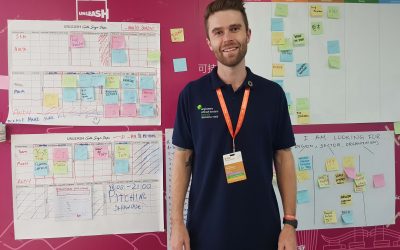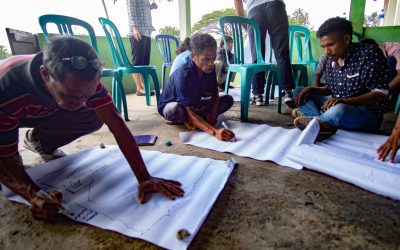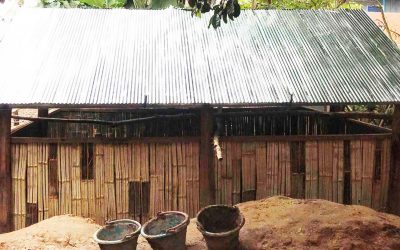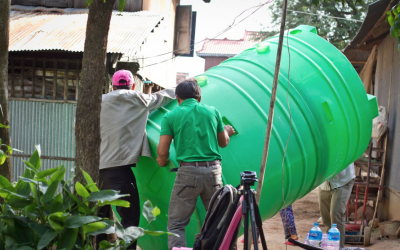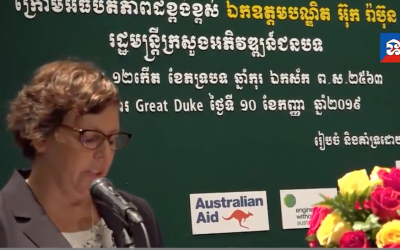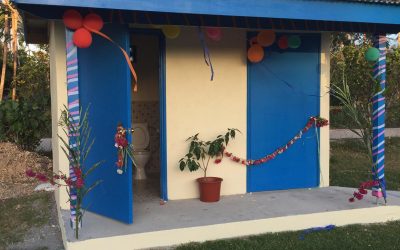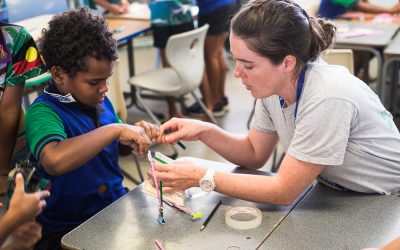Impact Stories
Making change happen across Australia and Asia Pacific.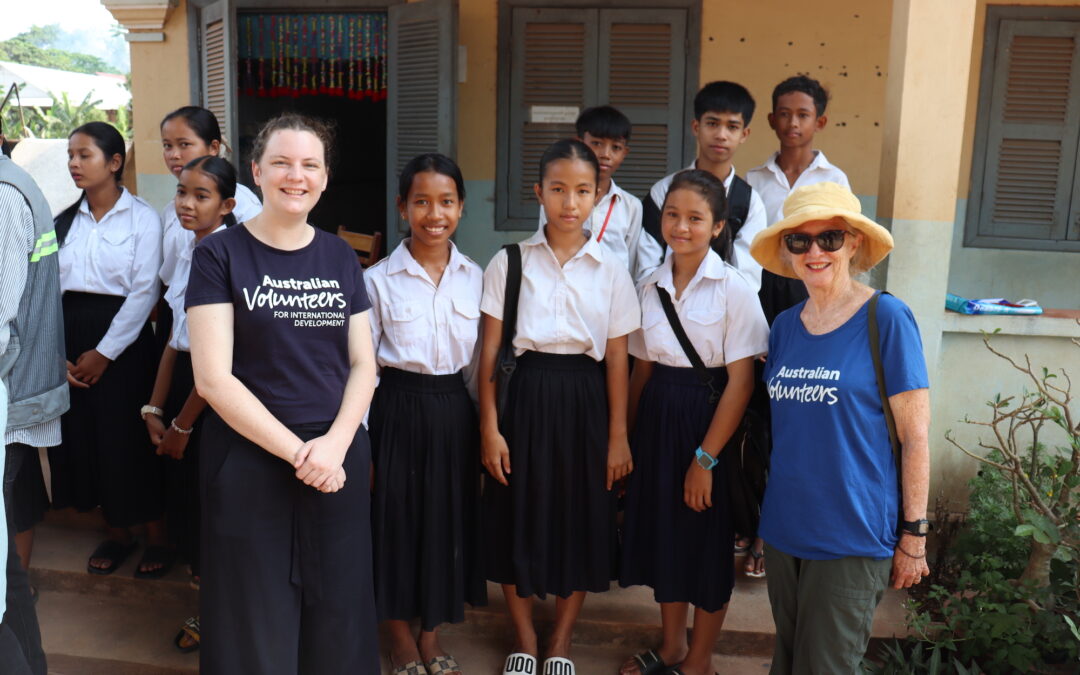
Remote field visits, tuk-tuk commutes, and fish amok: a year in the life of an Australian volunteer
Water, risk, and sustainability engineer Nicole Locke had always wanted to work overseas but there had never been a good time to do it. She graduated into a difficult job market and was lucky enough to find a position with Water Corporation in Perth. Fast forward a few years to 2019 and Nicole was considering her next move.
“I was talking to a mentor and she said, you’ve always thought about going overseas and volunteering,” Nicole said. “’Why don’t you just do it?’ I thought—well, why not?”

Remote field visits, tuk-tuk commutes, and fish amok: a year in the life of an Australian volunteer
Water, risk, and sustainability engineer Nicole Locke had always wanted to work overseas but there had never been a good time to do it. She graduated into a difficult job market and was lucky enough to find a position with Water Corporation in Perth. Fast forward a few years to 2019 and Nicole was considering her next move.
“I was talking to a mentor and she said, you’ve always thought about going overseas and volunteering,” Nicole said. “’Why don’t you just do it?’ I thought—well, why not?”
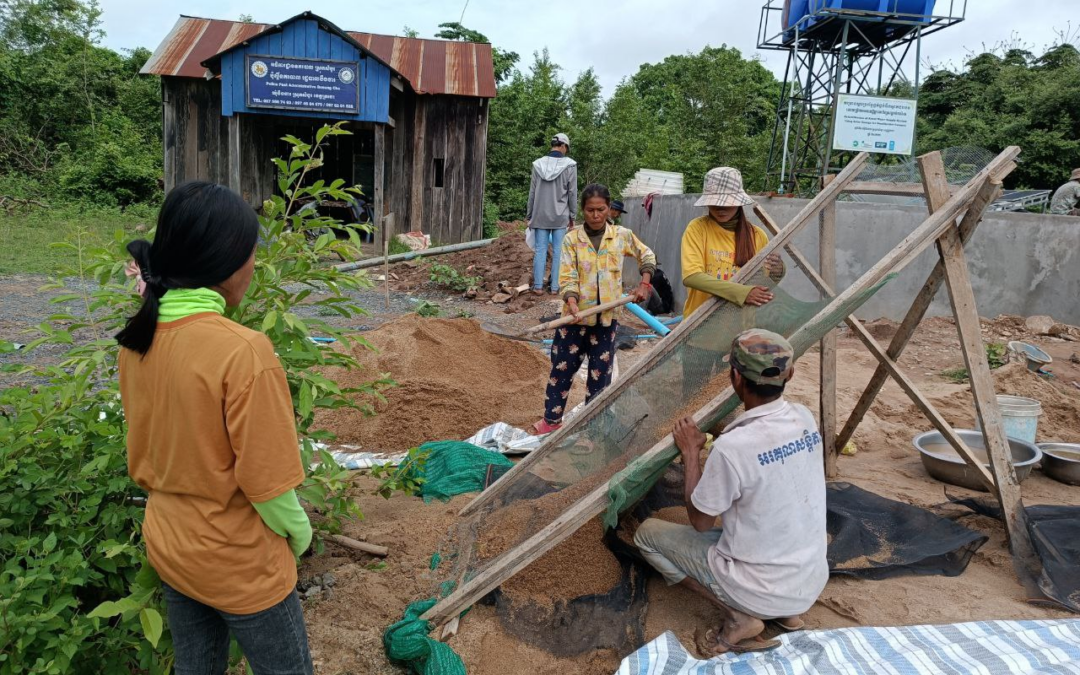
How traditional sand filtration methods are solving complex engineering problems in Cambodia
As the Mekong River ambles south from its origin in the Sanjianyuan nature reserve in China, it passes through Myanmar, Laos, and Thailand before arriving in Cambodia where it fractures into winding ribbons that create islands in the flow. The people of Koh Tnoat...
1000 young leaders unleash on the SDGs
1000 participants. 150 facilitators. 9 days. 1 location. That's the United Nations UNLEASH, an annual program that started in 2018 (and will continue to 2030), where 1000 young leaders from various fields (and from over 160 countries) come together to generate new,...
Scoping for best-practice
Much has been written about the EWB Challenge—our ground-breaking, first-year University program, now in its 13th year. Embedded into the curriculum of 28 Australian and New Zealand Universities (and adopted by EWB organisations around the world), the EWB Challenge...
Water shortage solution for Cambodian families
4 EWB Field Professional volunteers placed with RWC since 2015 Underground rainwater tank pilot tested in 10 households (57 individuals total) Over 20 RWC staff and interns capacity strengthened Climate change has brought about significant drought and rain-scarcity...
Link Research Symposium 2019
On Monday 2nd December RMIT kindly hosted our annual Link Research Symposium. The Symposium is the closing event of the year where students engaged in the research program present their findings to staff, peers and members of the engineering education community. It...
ATEC* about to roll out first PAYGO-tech for biodigesters and expand across Asia
ATEC* Biodigesters (ATEC), an Australian Social Enterprise, has raised US$1,600,000 in a Series-B equity round to rollout the world’s first PAYGO (pay-as-you-go) model for biodigesters as well as to expand its operations from Cambodia to Bangladesh. The investment was...
Workshopping the new national guiding principles for sanitation in Cambodia
A key focus of our recent work in Cambodia has been the development of National Guiding Principles on Sanitation in Challenging Environments for Rural Households, a highly consultative process involving government (national and provincial), NGOs, UNICEF, WHO,...
How demonstration toilets inform the socialisation of Vanuatu’s sanitation and hygiene guidelines
On Vanuatu’s 85 islands, many people live in challenging sanitation environments, including areas that are drought or flood-prone, coastal, on hard rock, with high groundwater or in difficult social contexts. Sanitation issues in Vanuatu are exacerbated by natural...
Teach a girl to fish
Erin and the MECCA-M Power grant: Chapter One. On the eve of setting off on my trip to the Torres Strait as part of my undertaking for the MECCA-M Power grant, I’ve been reflecting on how this project is a fantastic synergy of my personal journey. A very strong theme...


